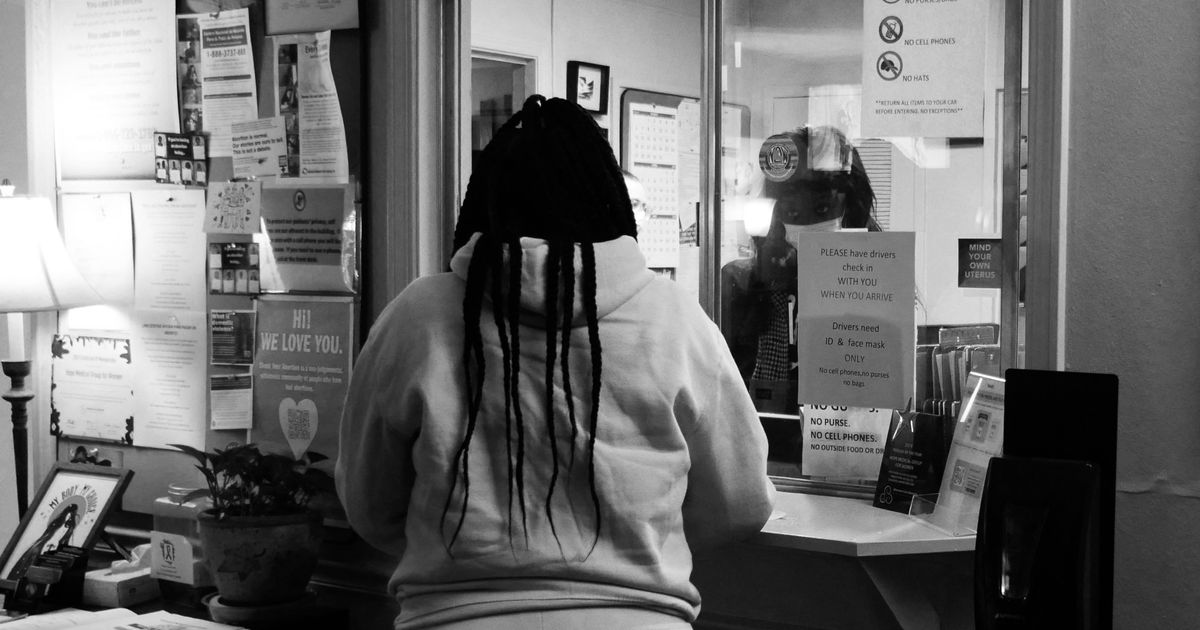Life undeniably begins at conception. But humans have a long history of valuing the lives of some more than others. We raise, slaughter, and eat countless living things. We take antibiotics and antivirals and antiparasitics. We have state-sanctioned killing of born humans, not only in war, but in times of peace via the death penalty. We justify killing in self-defense, or if a "reasonable person" would have killed in the same circumstances. In short, we have a long history of recognizing that ending a life is sometimes justified given the totality of circumstances, even though if viewed in isolation it would be viewed as morally objectionable.
Noam Chomsky has talked about how moral relativism is, in its most extreme form, incoherent. That is, the notion that "what is right or wrong is wholly relative to some cultural framework" is incoherent. He explains that, like the human system of language, our moral system is itself based on a narrow biological framework of meaning. And in his view, with the study of philosophy and innovations in technology, we humans have been on a slow march toward discovering our collective, biologically objective morality. Utilizing this line of reasoning, if I imagine a world where we have solved scarcity, where our control over reproduction is at its zenith and we can gestate humans without the need for a human host, I could believe that those people would see abortion as an abhorrent act. If woman laid eggs, and human offspring were self-dependent upon hatching, I could see smashing a fertilized egg as an abhorrent act. From this, it seems to me that the act of abortion, without regard to the totality of circumstances in which it is exercised, is inherently an immoral action.
But...
We do not live in some future free from scarcity. We aren't wholly in control of our reproduction. Women don't lay eggs. Humans don't hatch fully independent, without need for parental support. And so, like many other immoral acts, we must consider abortion against the alternatives. Namely, the consequences of enforcing its ban.
Multitudes of research show that abortion restrictions are not particularly effective at stopping abortions. Rather, they stop relatively safer abortions and increase pregnancy related injury and death via black market "coat hanger" abortions.
While choosing abstinence is near-100% effective at preventing pregnancy (rape being the exception), humans are biologically (and socially) compelled to have sex. And even with contraception there is still a risk of unwanted pregnancy. By denying a woman the right to choose to control whether she has children, we are subjugating her to function as a host for a developing fetus, exposing her to risk of injury or death and other life-altering consequences.
It's easy for someone who has never and perhaps can never face the dilemma to say that unwanted pregnancy is simply the consequences of a woman's choices. But that denies the reality of the human desire to have sex. It also ignores the fact that women actually do posses the means to terminate unwanted pregnancies, and it is only by artificial restriction on choice that women would face any unavoidable consequences.
If, as some have said, this should be a matter for individual states, then any sort of ban would essentially function as a price hike on abortions. Those who could afford to travel to a state permitting them would do so. Any attempt to enforce such laws across state lines (and thus produce anything more than a de facto price hike) would require relatively extreme state involvement in people's private lives. It could also further erode relations between states with disparate views.
At the end of the day, though, we are still a country of laws. And, right or wrong, those laws are viewed through the prism of the constitution as interpreted by SCOTUS. If SCOTUS does indeed overturn Roe, then it is reasonable to expect that some states will outlaw abortion. It is then up to those of us who support a woman's right to choose to elect representatives who are supportive of a right to choose. We could also work to fund charities aimed at reimbursing women for travel expenses and income lost as a result of crossing state lines to have abortions. We could become more active in state politics and fight for more reasonable restrictions on abortions, e.g. at least allowing the abortion pill, which terminates a pregnancy in 98% of cases up to 11 weeks, or allowing abortions after counseling and up to the end of the first trimester.
We cannot function as a society and tackle the many problems we face in the modern world if we are constantly at each other's throats. We must exercise empathy and understanding, and we must encourage others to do so as well, indirectly or directly. I am fairly confident that, given the right set of life circumstances, nearly every person who currently supports outlawing abortion could find themselves deciding to have an abortion. They are simply fortunate enough to have lived a life where they were never met with circumstances so dire that they needed to. And that's the crux of the issue. They recognize that ending a life is bad, and cannot understand the circumstances that could justify that bad action because they've never been in those circumstances, and have maybe even been conditioned to not entertain their possibility. But through honest dialogue, based in empathy and understanding, I think we can change minds and find a compromise.


